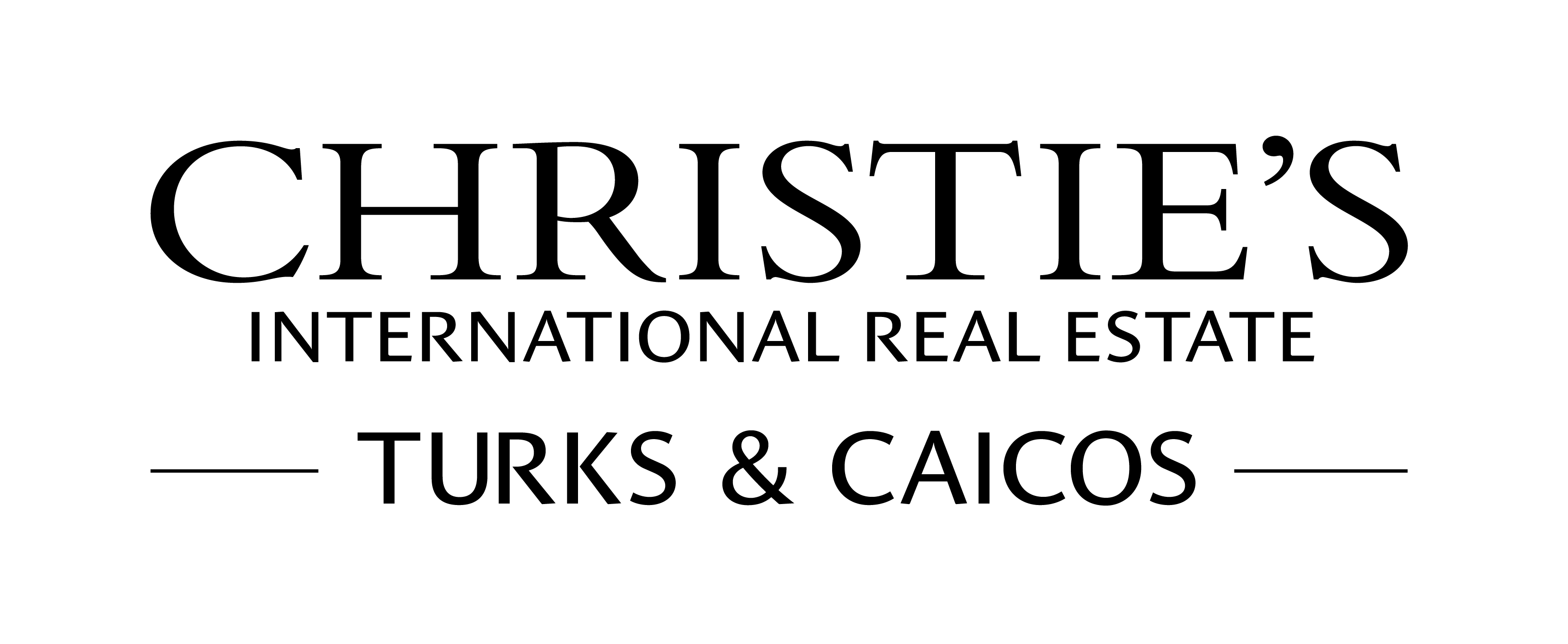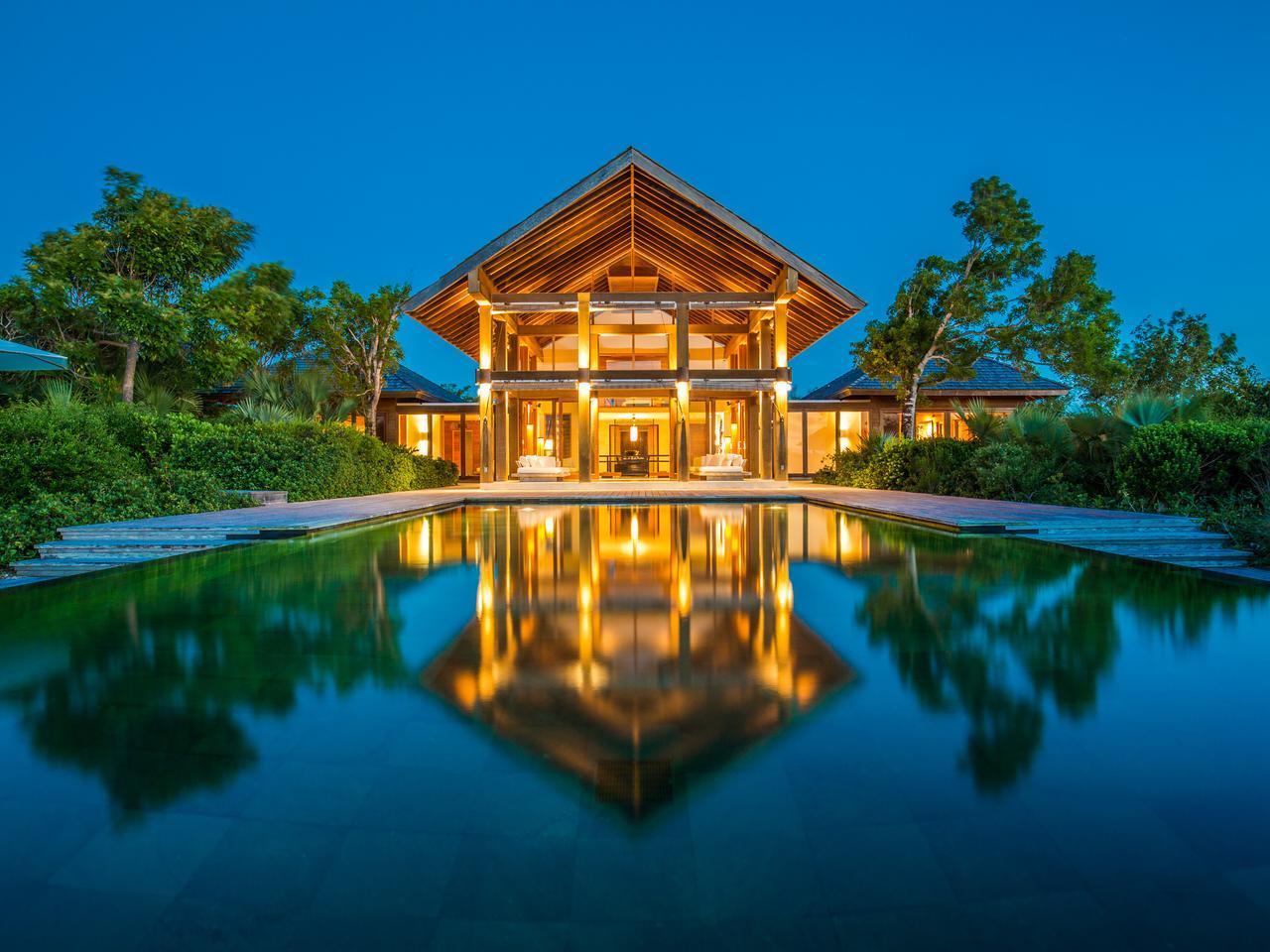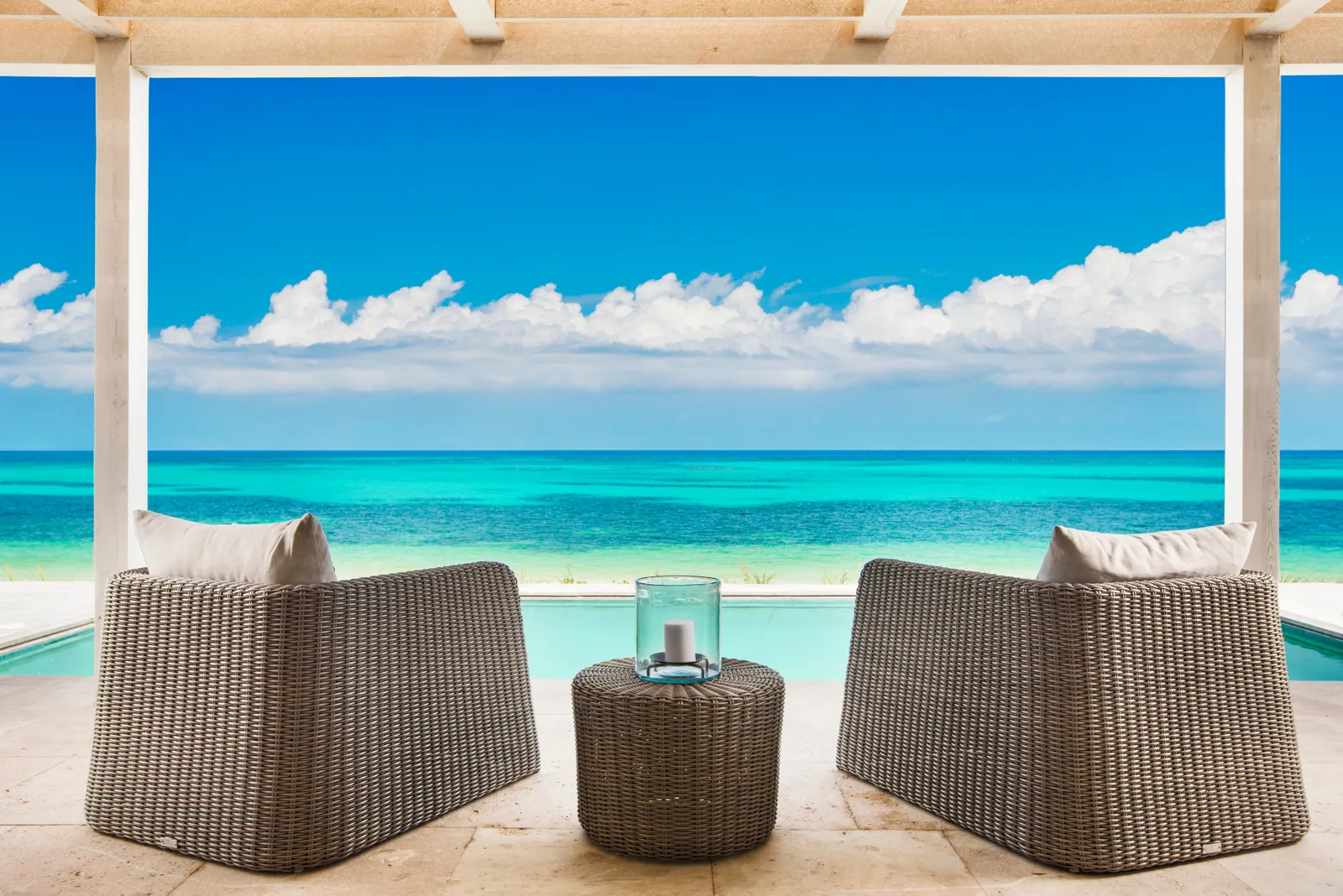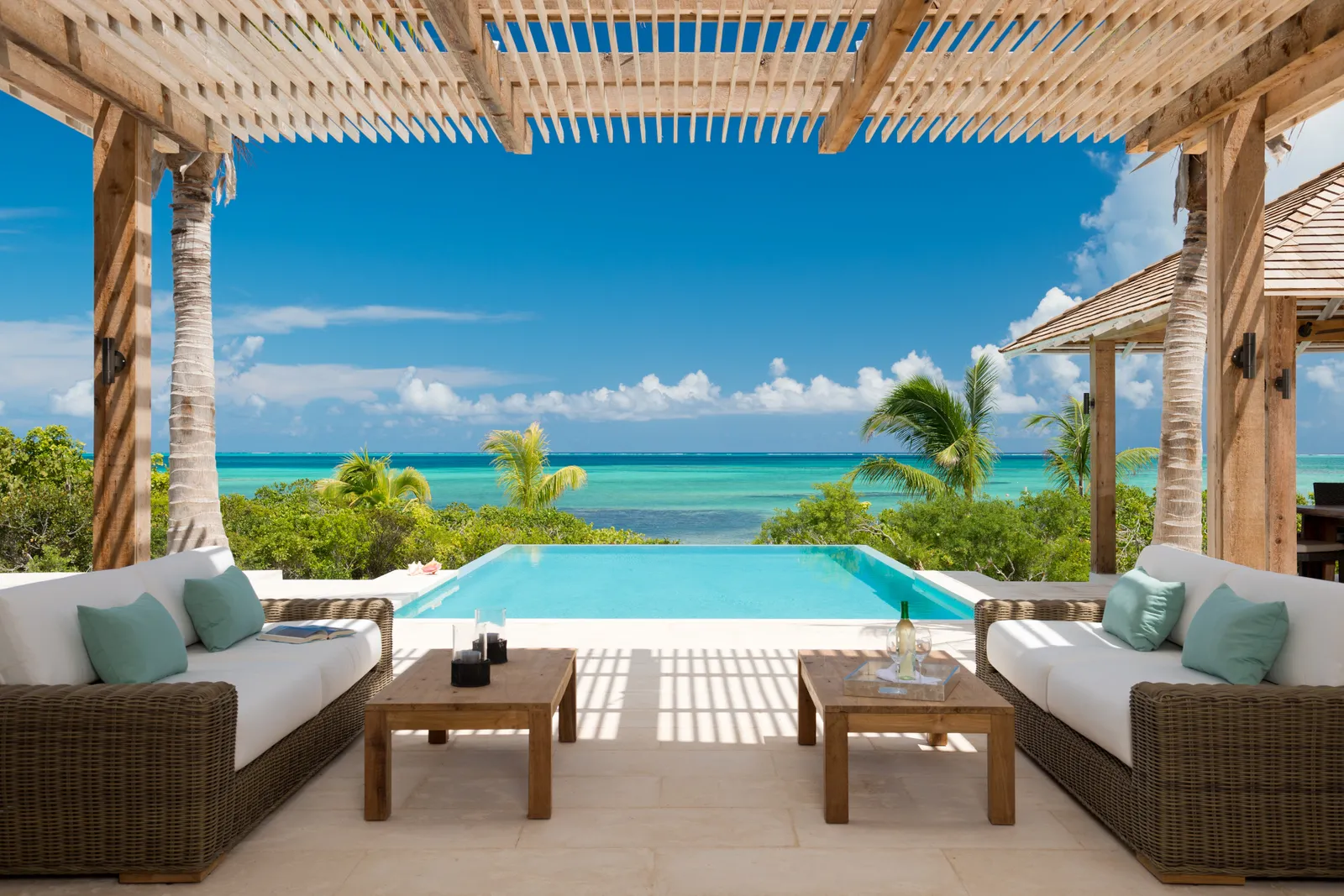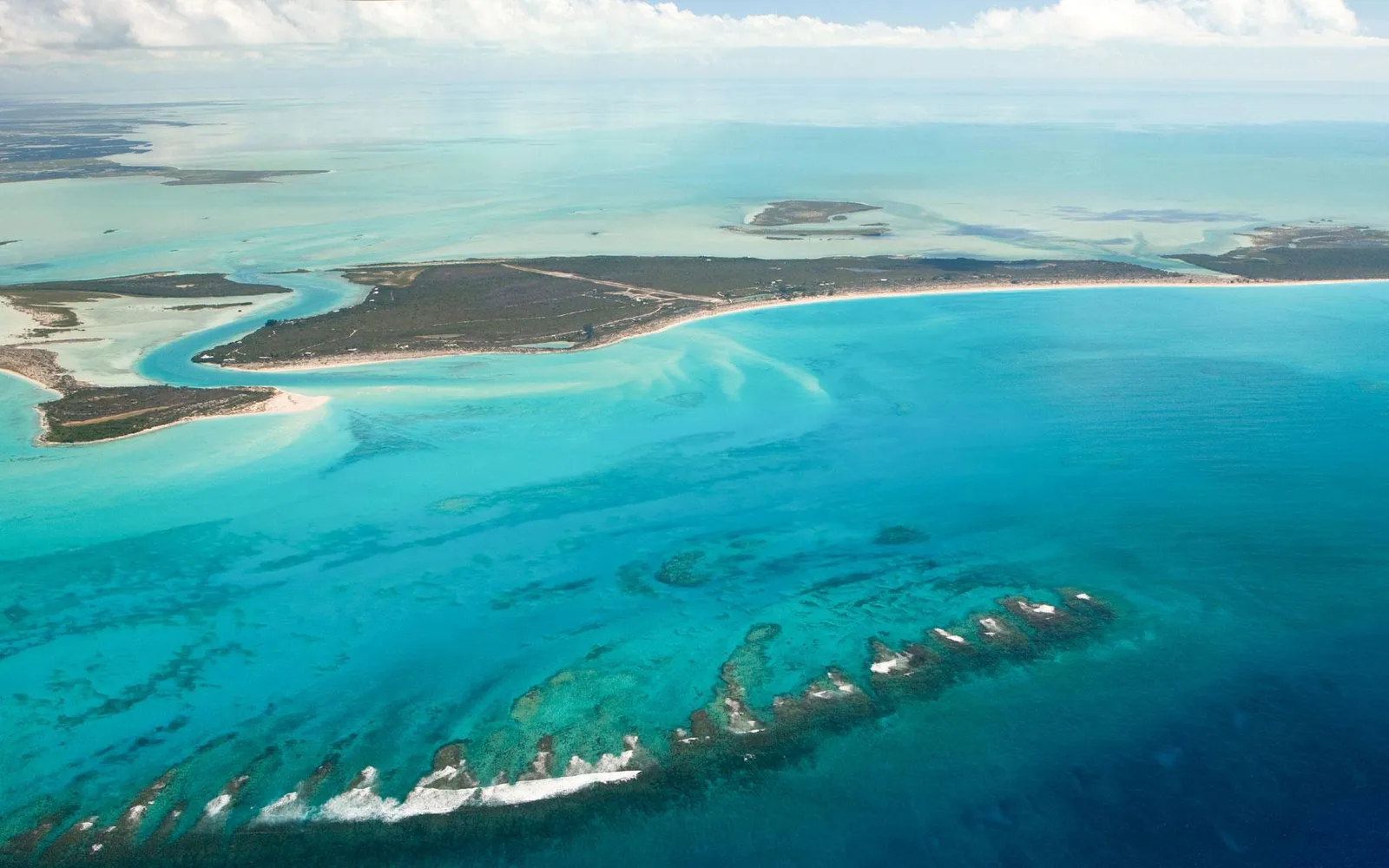With their resilience to COVID-19, the Caribbean islands are proving to be a great place to visit, as well as invest in, say local real estate experts
Oprah Winfrey has a mansion in Antigua; Keith Richards trades rock ’n’ roll for rest and relaxation at his Turks and Caicos property; and Beyoncé, Bon Jovi, and Gwen Stefani are regulars on the beaches of St. Barthélemy. A Caribbean vacation has always beckoned and bewitched. Anyone who ever visits yearns to return, and many elite investors do just that, adding a Caribbean property to their portfolio.
Although the region is currently experiencing its hurricane season, as its swift recovery following the devastating storms of 2017 showed, the Caribbean is resilient. Case in point: St Barthélemy: “Despite the devastation caused by Hurricane Irma, the St. Barths market recovered well and most of the transactions contracted prior to its passage successfully closed,” says Christian Wattiau, chairman of Sibarth Real Estate. “This included the sale of the Girasol Estate, which we closed for $67 million, only three months after the hurricane.”
Tourism was up last year, and prospective visitor numbers for 2020 were looking very healthy—”in the winter 2019/20 season we also saw a significant increase in activity in real estate, with more demands and stronger interest,” Wattiau adds. And then COVID-19 happened. But, while the Caribbean region has been affected, low coronavirus figures are making it an attractive post-lockdown destination.
Fabrice Moizan, general manager of Eden Rock St Barths, says the exclusive resort’s second season, which began in October, has “a whole host of reinforced health and sanitary procedures in place. We only have 37 rooms spread across the grounds—perfectly set up for social distancing. We’ve also seen a rise in families and groups booking private villas with personal chefs. Few places can offer the same combination of privacy, safety, and luxury, especially in these times.”
Interestingly, hurricanes and the pandemic have stimulated the real estate market, says Edward Childs, director of Smiths Gore B.V.I. Limited, so now is a good time to buy. “After Irma, many overseas investors banked their insurance settlements and sold their properties, which boosted the property market,” he says. “COVID-19 has had a similar effect: investors are seeking residences in regions where virus numbers are low, and that is motivating sellers to exit.”
Robert Greenwood, director of Christies International Real Estate Turks & Caicos, has also seen revived interest. “Investors need a safe-haven property, away from dense cities. We are like a castle surrounded by a moat, with the airport as our drawbridge.”
While COVID-19 may have added wind to the market’s sails, it is the Caribbean’s endless charms that are the enduring magnet. “It’s a region of huge diversity and beauty,” says Rick Moeser, Executive Director, Christie’s International Real Estate. “It is easily accessible, very well served by many public airports and private jet terminals, and offers seclusion and privacy. Each island has its own character, history, and flavor. Sure, you’ll find gorgeous beaches and landscapes, and incredible tax incentives wherever you go, but the differences between the islands outnumber the similarities. If you’re after world-class dining, you’ll love St. Barths, with its French culture and sophistication. If you’d prefer to fly the U.S. flag, then you should consider the U.S. Virgin Islands. For traditional island vernacular, there’s Antigua.”
The Caribbean’s favorable fiscal policies are an undeniable attraction. Tax neutrality in the Cayman Islands, for example, means zero corporate, income, capital gains, inheritance, sales, or recurring property liability, while the British Virgin Islands levy no company or personal tax. “Homeowners who are resident but not working here don’t have to pay additional taxes,” says Childs, “and there is no capital gains or estate tax due either.” Additionally, its legal currency, as in Turks and Caicos and the U.S. Virgin Islands, is the US dollar, so there are no issues with currency exchange for American investors.
Antigua’s Citizenship by Investment program—whereby investors in real estate can become eligible for Antiguan citizenship—is an especially attractive proposition. “Citizens of Antigua aren’t subject to income tax, capital gains tax, or inheritance tax and are also granted visa-free entry to over 165 countries worldwide,” explains Justin White, head of sales for Anchor Antigua Realty Ltd. “In a time where having a safe haven has never been more important, it makes sense for all discerning buyers to consider both their citizenship and real estate options.”
Those favorable fiscal conditions, says Peter Briggs, a broker at John Foster Real Estate in the U.S. Virgin Islands, “are just some of many reasons to visit. Other factors include frequent direct flights from many American gateway cities, excellent healthcare and schools, and tropical landscapes offering great hiking, biking, and diving. St. Croix now has one of the Caribbean’s best farm- and sea-to-table dining scenes, St. Thomas is known for its marinas, and most of St. John is a national park. Then there’s Water Island, a tiny gem that’s the perfect antidote to the stresses of modern life.”
In the Cayman Islands, Sue Nickason, vice president of marketing and sales for Provenance Properties Cayman Islands, lists some of the countless factors that appeal to investors. “It’s second to none for outdoor living, with an exceptional marine environment and some of the best diving in the world. It is considered the culinary capital of the Caribbean and has a multicultural community, with more than 135 nationalities represented in a community of 65,000 full-time residents, and it’s extremely safe.” She adds that prime neighborhoods include Salt Creek, Crystal Harbour, Canal Point, and South Sound, but opportunities abound elsewhere, too.
“Our low population density, ease of isolation, warm weather, and attractive tax incentives, make Antigua, and the Caribbean as a whole, an attractive place to live in an otherwise difficult time,” adds White. “Our small island nations truly provide a safe haven—and safe-haven real estate is on the rise.”
Point House in Parrot Cay, Turks and Caicos

A refined beachfront estate of more than 7,000 sq ft (650 sq m), this is one of just 12 properties on the private island of Parrot Cay. Sitting alongside a nature reserve, with glorious beach views, the majestic home boasts walls of glass, stone floors, and a pared-back aesthetic. Bathed in natural light and on the market with Christies International Real Estate Turks & Caicos, it offers the quintessential indoor–outdoor lifestyle.
